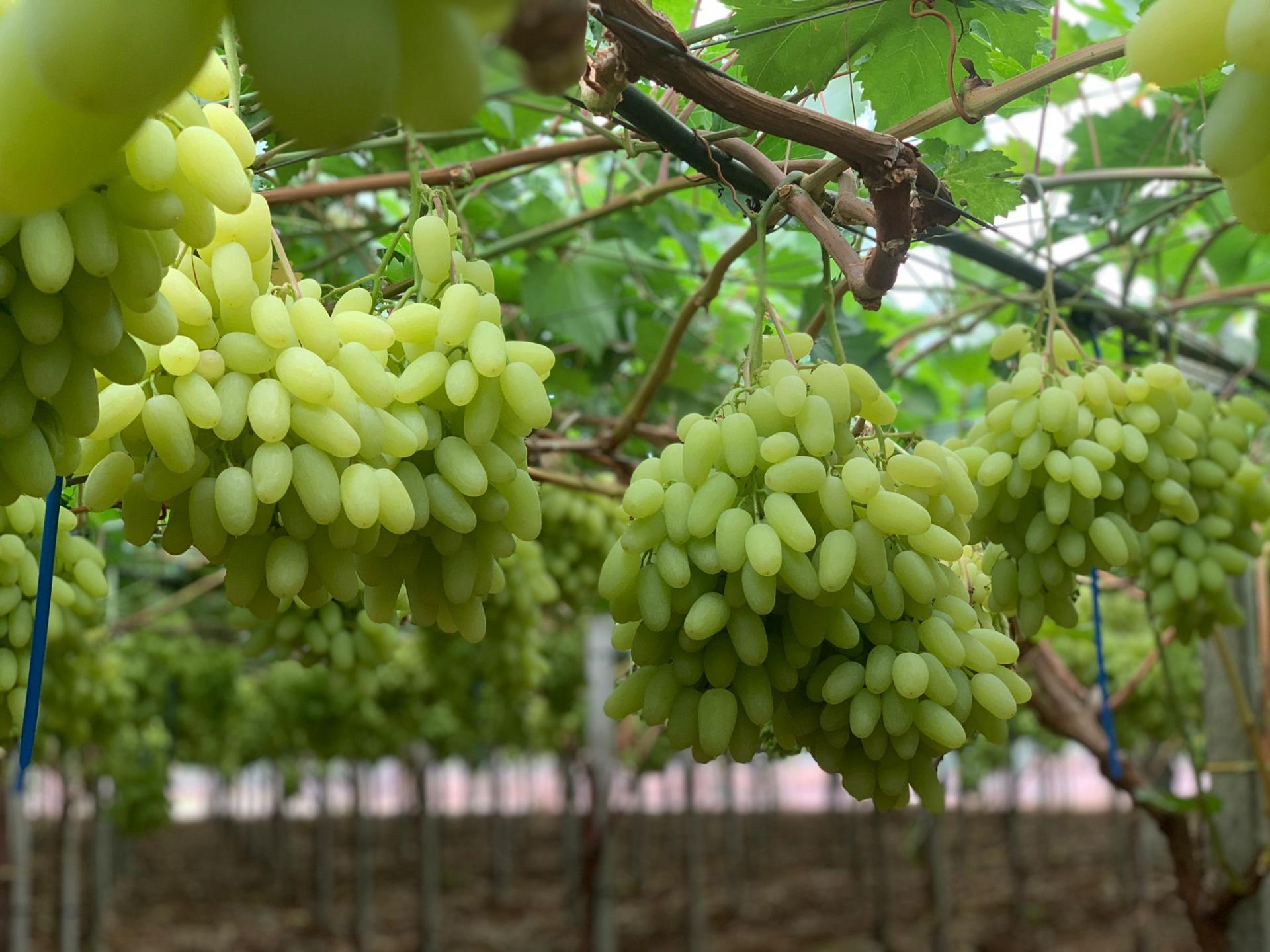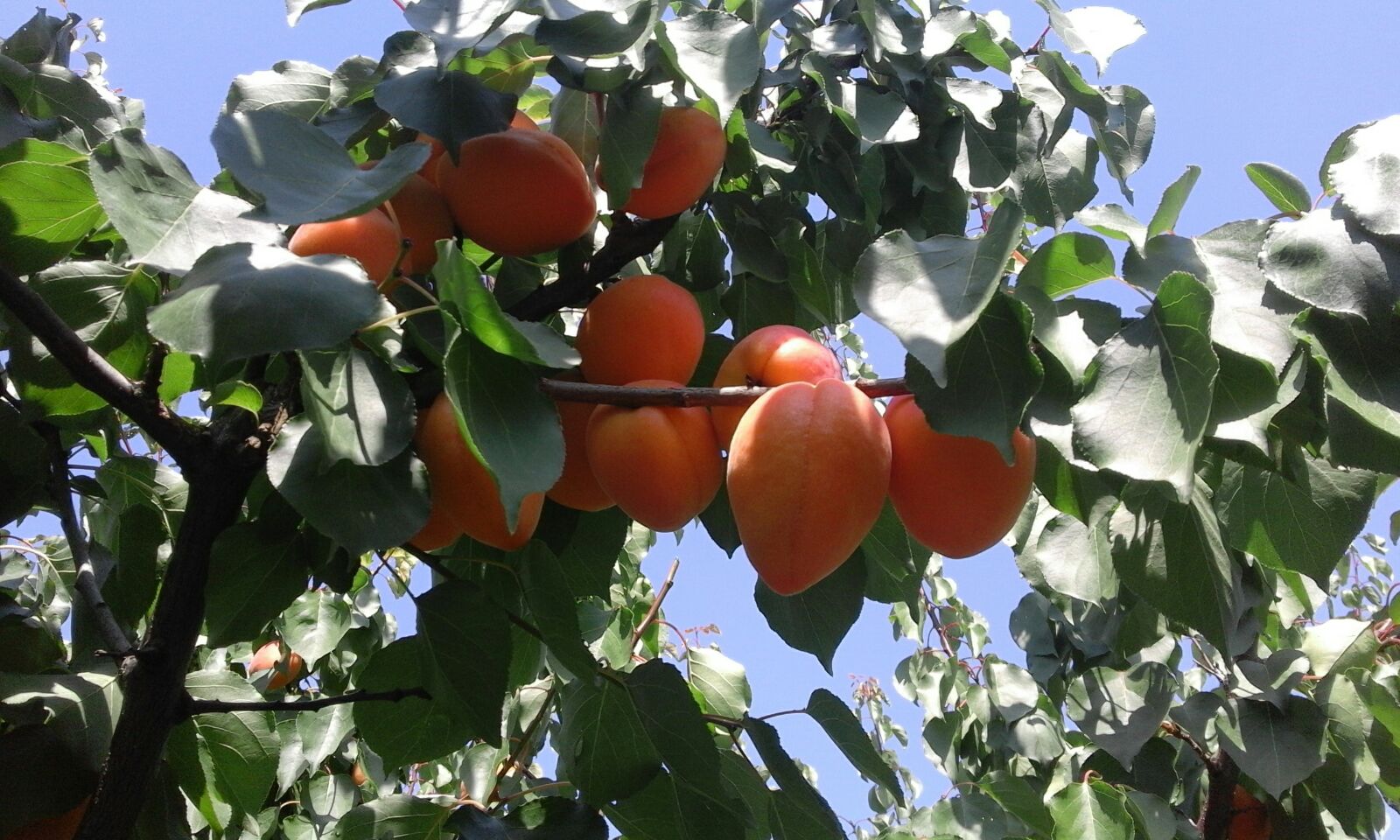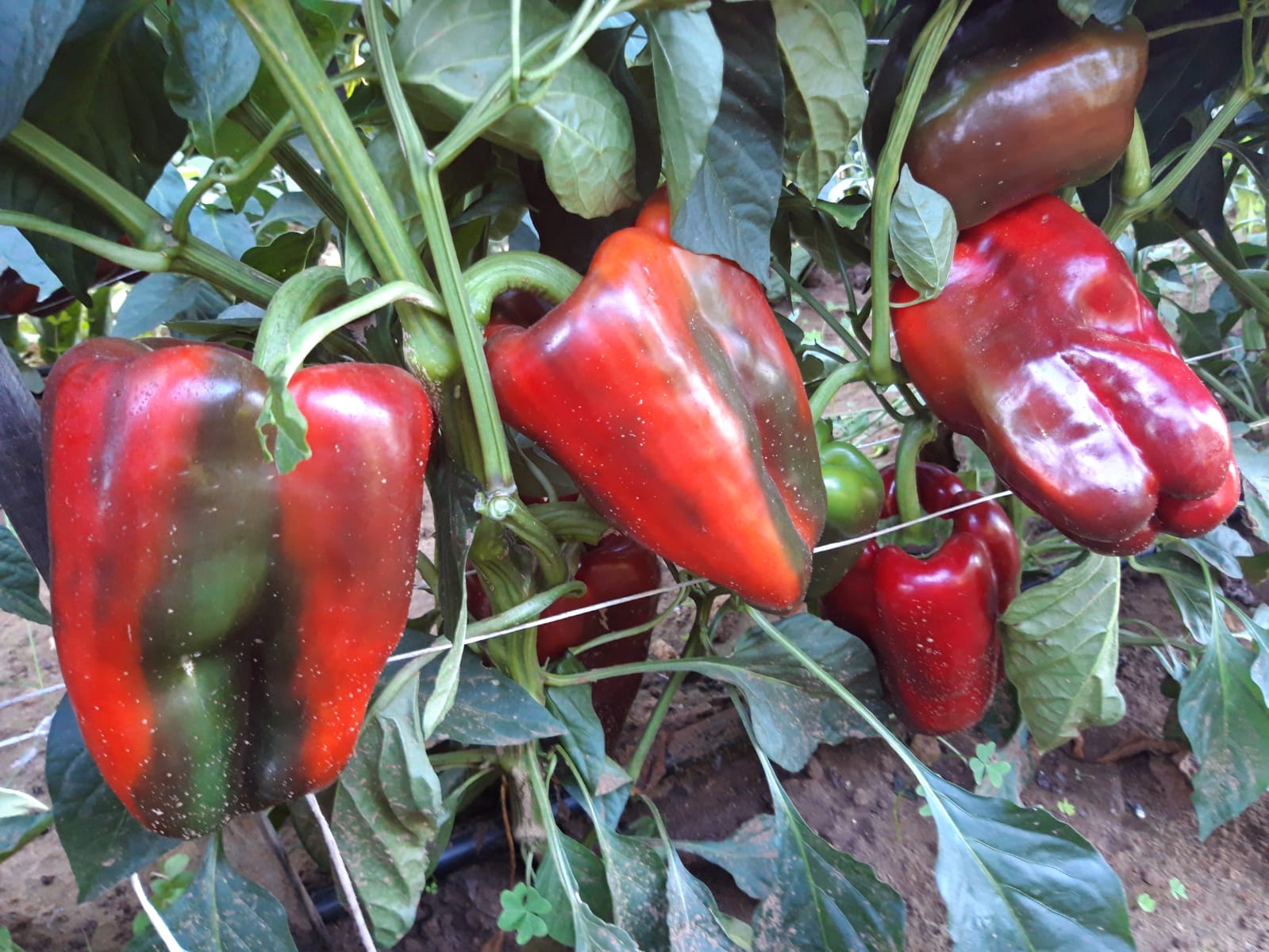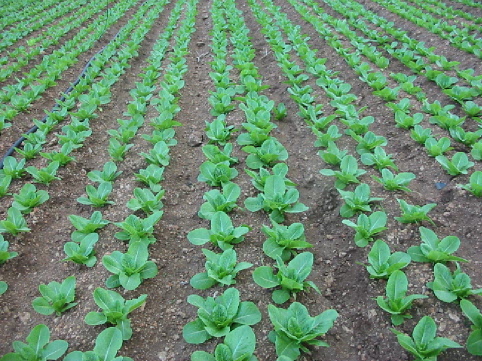
The key role of amino acids in growing stronger crops

In the landscape of modern agriculture, physiological activators are transforming crop management by offering innovative nutritional solutions aimed at boosting both productivity and plant resilience. Within the K‑Adriatica fertilizer catalogue, advanced formulations are available that enhance nutrient uptake and increase tolerance to environmental stress—effectively addressing the dual challenges of climate change and agricultural sustainability.
Unlike conventional fertilizers, which mainly supply essential nutrients, K‑Adriatica’s physiological activators act directly on plant metabolism. They contain bioactive substances such as amino acids, peptides, humic extracts, and algae that promote root development and improve tolerance to both abiotic and biotic stress.
The strategic value of K‑Adriatica’s physiological activators lies in the fact that amino acids:
- optimize protein synthesis in plants, enhancing growth and development;
- boost photosynthesis, increasing the energy required for vital processes;
- improve nutrient uptake, enabling more efficient use of soil resources;
- contribute to rhizosphere health by stimulating microbial activity and improving soil structure to foster a more fertile root environment.
Amino Acids: Key Players in Crop Vitality
Among the bioactive substances used in physiological activators, amino acids play a central role. These organic compounds—produced through protein hydrolysis—support plant growth, strengthen resistance to environmental stress, and optimize nutrient absorption, resulting in healthier, more productive crops.
However, not all amino acids are the same. Their origin and production process significantly impact their effectiveness on plant metabolism.
The Origin of Amino Acids
Plant-based amino acids, derived from sources such as soy, barley, wheat, and corn, are rich in glutamic acid, ideal for stimulating vegetative growth and foliar development.
Animal-based amino acids, extracted from industrial by-products such as hair, feathers, and bones, are rich in glycine, proline, and cystine, which are critical in improving plant tolerance to abiotic stress.
Animal-based amino acids, extracted from industrial by-products such as hair, feathers, and bones, are rich in glycine, proline, and cystine, which are critical in improving plant tolerance to abiotic stress.
The Production Method Matters
The production process also affects the quality and effectiveness of amino acids in physiological activators. The three main production methods include:
Chemical hydrolysis: A cost-effective method that yields free amino acids but may degrade some essential components due to the harsh acidic conditions.
Enzymatic hydrolysis: Preserves the structure of amino acids, producing a rich blend of biologically active L-forms and oligopeptides that are easily absorbed by plants.
Microbial fermentation: Ensures high purity and a predominance of biologically active L-forms, enhancing both bioavailability and effectiveness in plant metabolism.
Enzymatic hydrolysis: Preserves the structure of amino acids, producing a rich blend of biologically active L-forms and oligopeptides that are easily absorbed by plants.
Microbial fermentation: Ensures high purity and a predominance of biologically active L-forms, enhancing both bioavailability and effectiveness in plant metabolism.
Why Choose K‑Adriatica’s Physiological Activators
With a constant focus on research and innovation, K‑Adriatica offers a wide range of amino acid-based physiological activators in its fertilizer portfolio. These high-performance formulations are the result of rigorous raw material selection and advanced production techniques.
Among K‑Adriatica’s solutions designed to ensure maximum efficacy and sustainability:
- NUTRI BIO and GOLD DUST: Formulated with natural and animal-derived amino acids, these products are ideal for enhancing crop resilience and are approved for use in organic farming.
- RA.AN L 13186: A premium plant-based solution made from brown seaweed extract and enzymatically hydrolyzed barley malt rootlets—perfect for promoting balanced plant growth.
- PHARMAMIN‑M: An innovative blend of amino acids obtained via microbial fermentation, specifically designed to support fruit ripening.
K‑Adriatica’s commitment to research and development ensures nutritional solutions that enhance agricultural productivity without compromising environmental balance.
Take your crops to the next level—discover K‑Adriatica’s physiological activators.












